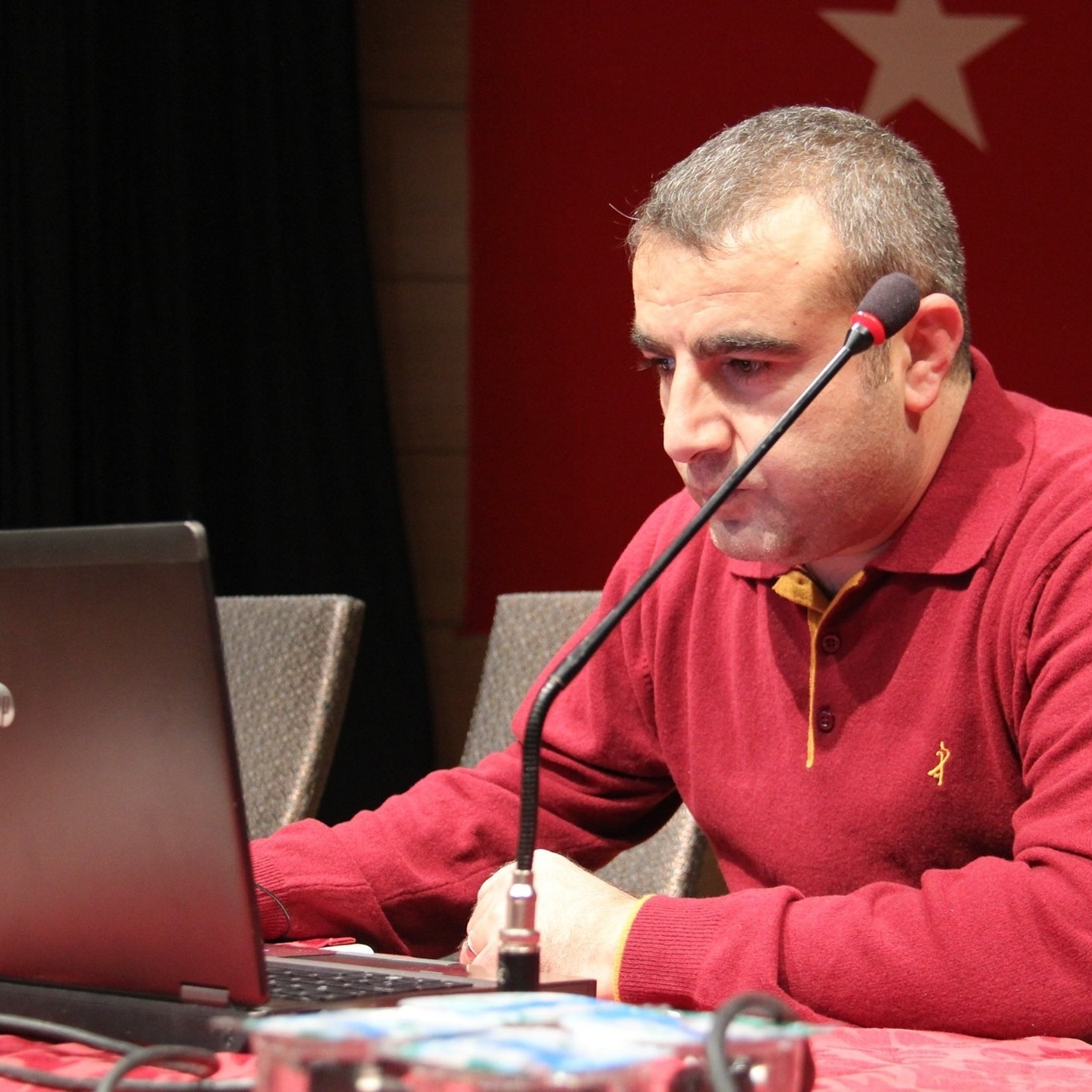Facilitating Technology-Enhanced Problem-based Learning (PBL) in the Middle School Classroom: An Examination of How and Why Teachers Adapt.
Ertmer, P., Glazewski. K. D., Jones, D., Ottenbreit-Leftwich, A., Goktas, Y., Collins, K., & Kocaman, A. (2009). Facilitating technology-enhanced problem-based learning (PBL) in the middle school classroom: An examination of how and why teachers adapt. Journal of Interactive Learning Research (JILR), 20(1), 35-54.
Despite the challenges inherent in adopting problem-based learning (PBL) in the middle school classroom, successful PBL teachers are able to find suitable solutions. In this exploratory study we examined the perceptions and practices of five successful middle school PBL teachers regarding the specific difficulties encountered with PBL and the strategies they used to address them. Results suggest that while successful PBL teachers faced multiple challenges when implementing PBL, they created and adapted effective strategies to successfully mitigate the obstacles. Planning approaches included adapting previous units, using a backwards-planning process, and starting small. Implementation strategies included using a variety of grouping strategies and providing greater structure through mini-lessons, daily checks, and access to a list of relevant web resources. Assessment methods included using rubrics to outline project requirements and monitoring daily journals to assess progress. Teachers articulated that the use of these techniques enabled them to engage their students in interdisciplinary content and learning processes that met or exceeded required academic standards.
Son Yazılar
- Teachers’ ICT Usage: A Comparison of 2005 and 2011
- Social presence and motivation in a three-dimensional virtual world: An explanatory study
- Eğitim Teknolojisi Araştırmalarında Araştırma Problemlerinin Belirlenmesini Etkileyen Unsurlar
- Öğretmen Adaylarının Özsaygı ve Duygusal Zekâ Düzeylerinin Problemli İnternet Kullanımıyla İlişkisi
- Trends in Turkish Education Studies
